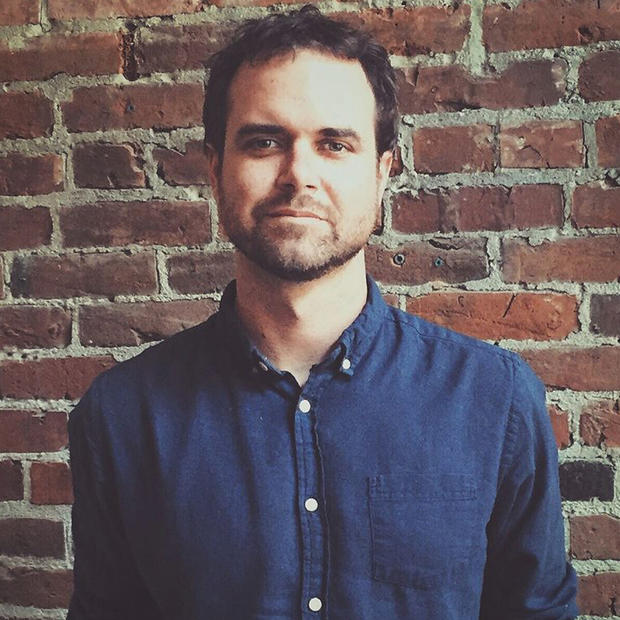“We’re going after the system,” says actor Liev Schriber in the new film Spotlight.
Playing the new editor at the Boston Globe, Schrieber is instructing reporters and editors to hold off on a story that would already be a blockbuster – the Catholic Church’s cover-up of multiple child molester priests. Single incidents will be brushed aside, he argues, labeled as “bad apple” cases. If the paper spends more time (and money) digging and expanding the story’s scope, they have a shot at bringing down the church’s entire system for shuffling pedophile priests from parish to parish, allowing them to continue their crimes.
The line works on a number of levels. On one, it’s an apt description of the movie that contains it. In 2002, the Boston Globe began publishing what would end up being almost 600 articles, exposing a decades-long practice of covering up the child molestation and sex abuse perpetrated by over 70 priests in the parish, with the complicity of the city’s power elite. Spotlight is a look at the reporters and editors who finally exposed this practice to the general public.
Their work led to revelations of such practices across the globe, and its effects are still being felt over a decade later. In Seattle, for example, the archdiocese just settled a child sex abuse case for $1.2 million this past May.
But rather than lionize the reporters responsible, the movie focuses on the “system” they followed to get the story. The time-honored journalistic exercises of cultivating sources who are hesitant to speak, digging through government documents, and taking the time to get the story right all receive their due. Standout performances are delivered by Michael Keaton as the investigative team’s editor (who prefers the title “player-coach”), Rachel McAdams and Mark Ruffalo as reporters, and Stanley Tucci as a lawyer for the church’s victims.
But the performances aren’t flashy, and neither is the film’s direction by Tom McCarthy. The personal lives of characters, and the toll the profession takes on them, are barely mentioned. The system is the star.
But just as much an ode to this system, the movie is also an indictment of where journalism is headed as newsrooms shrink and the preferences of many readers shift. The first conversation Schrieber and Keaton have is about the Boston Globe’s budget, and how newsroom cuts are on the way. Hearing that Keaton’s team can take up to a year to research and deliver articles, Schrieber clearly begins calculating whether the investigative journalism they practice is worth the investment.
Spotlight never comes right out and denounces the “do more with less” mentality that increasingly dominates many newsrooms – in which diminished staffs are often judged by the quantity of their “content” output over its quality. Nor does it call out the consumers of news, who in the early 2000s were already gravitating to simple partisan journalism that catered to their worldview over straight, well-researched reporting or advocacy journalism.
But as the movie shows, it’s this latter form of reporting that can pack the biggest punch. Beyond offering a behind-the-scenes look at the mechanics of newsrooms, Spotlight’s primary focus is how “systems” like the one exposed by the Boston Globe work, and how hard it can be to pull the curtain back on them.
There is no movie that more succinctly argues on behalf of journalism that can “stand alone” from power structures, politicians and political leanings.
In a theme Spotlight returns to over and over, the power structure in cities is often a closed loop. The leadership of churches, unions, law firms, political bodies, police departments, media organizations and the like often eat together, drink together and rise through the ranks together. When something threatens to disrupt the system, they close ranks together. In the case of Boston, this meant protecting pedophiles. But as we’ve seen time and again, that’s just one indefensible practice that those in power will sweep under the rug, or peg to one “bad apple” if they feel its exposure threatens the system.
As David Simon – former Baltimore Sun reporter and man behind HBO series The Wire – has argued repeatedly and eloquently, something very important is being lost as non-partisan news organizations shrink, disappear or morph into “click-bait” depositories. Look no further than the Seattle Post-Intelligencer, a newspaper once committed to solid reporting, whose legacy website's top story at this writing is “Stars of the '70s in their 70s.”
Spotlight is a love letter to old school journalism. It can seem strange to call a movie dealing with such dark subject matter a “feel good” story, but both times I’ve watched it in theaters (in Seattle and Raleigh, NC), the crowd erupted into applause at the end. In the end, people want to believe there are ink-stained wretches keeping an eye on things, reporting important subjects without a finger on the scales. It takes time and it takes money, and it demands the support and attention of a city’s readers. But when it all comes together, the exposure of truths can right serious wrongs.



